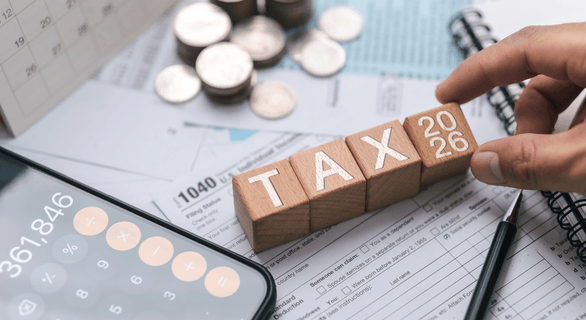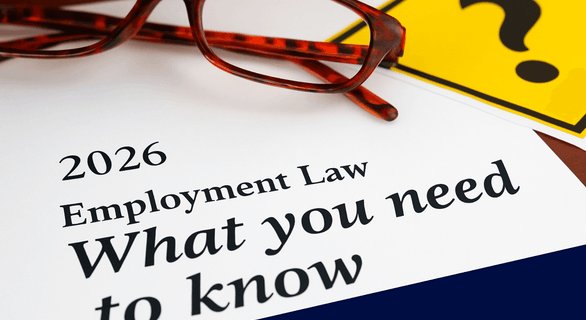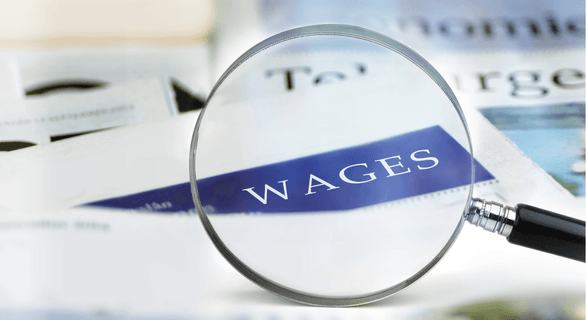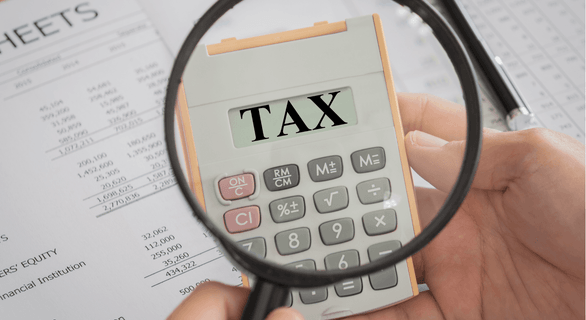
April 24, 2025
Upcoming Dutch and European Tax changes

THE NETHERLANDS
Personal Income Tax: Information request for assessment actual yield on savings
Savings and investments (Box 3) in income tax returns are currently taxed based on a notional yield - a fixed yield, that is expected based on the type of savings or assets. Changes have been made to the structure of Box 3, which was required due to supreme court rulings. The house of representatives wishes to have a tax system whereby the actual yield is being taxed, aiming to have this implemented in 2028. However, the biggest parliamentary group within the house of representatives opposed against the current proposed plan for Box 3, demanding a new plan. Significant delays could be a result of the opposition. Nevertheless, in the summer of 2025, the Dutch tax authorities will begin inviting individuals to provide information that will allow them to assess actual yields for certain years (2017–2025). If the assessment shows that the actual yield in these years were lower than the notional yield, the tax authorities will recalculate the income taxes and refund any overpaid amount.
Wage Tax: Clarification on Tax Equalization Agreements
The Dutch Tax Authorities have issued clarification on tax equalization agreements, commonly used by multinational companies to manage tax liabilities for employees working abroad. These agreements equalize tax burdens between home and host countries, sometimes covering salary, primary residence, and investment income. Compensation is settled after considering all tax return elements, typically after the year ends. The Tax Authority views compensation as taxable income, requiring the employer to gross up a net reimbursement. This raises new questions, such as how compensation should be charged back to the former employer and how tax should be handled in the former country of residence. Employers must therefore carefully structure these agreements and understand employees' financial situations to assess costs accurately.
VAT: Exemption on education updated
On 21 February 2025 a new education policy was published addressing the role of domestic and foreign institutions providing education, the scope of VAT exemptions on educational services and the possibility to provide education online if there is opportunity for interaction between the recipients and the instructor.
EUROPEAN UNION
On the ECOFIN meeting held 11 March 2025, European Council officially adopted VAT in the digital age package (ViDA). While the regulations are directly applicable after they enter into force, the directive will have to be transposed into national law. The Council also reached a political agreement on the amending the directive on administrative cooperation in taxation (DAC).
The purpose of DAC9:
- Simplifies compliance with the Pillar 2 Directive for multinational enterprise groups (MNEs).
- Reduces the need for each company in an MNE to file separate top-up tax information returns, instead allowing the filing
of a single top-up tax information return at the central level for the entire group.
Timeline:
- Once adopted by the EU Council, EU governments will have until 31 December 2025 to put DAC9 into practice.
- MNEs are expected to file the first top-up tax information return by 30 June 2026, as required under the Pillar 2 Directive.
- The relevant tax authorities must exchange this information with each other by 31 December 2026 at the latest.
DIGITAL AUTHORIZATION
As a result of digitalization of certain platforms at the Dutch Tax Authority, there will be increasing instances where digital authorization (e-herkenning) is required for submission of certain information. Please kindly note that registration for digital authorization (e-herkenning) may take weeks, therefore we strongly recommend reaching out for assistance on time.
Should you require any additional information, please do not hesitate to reach out to us!





